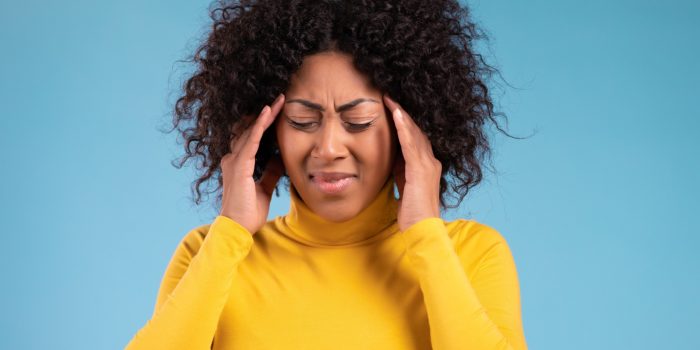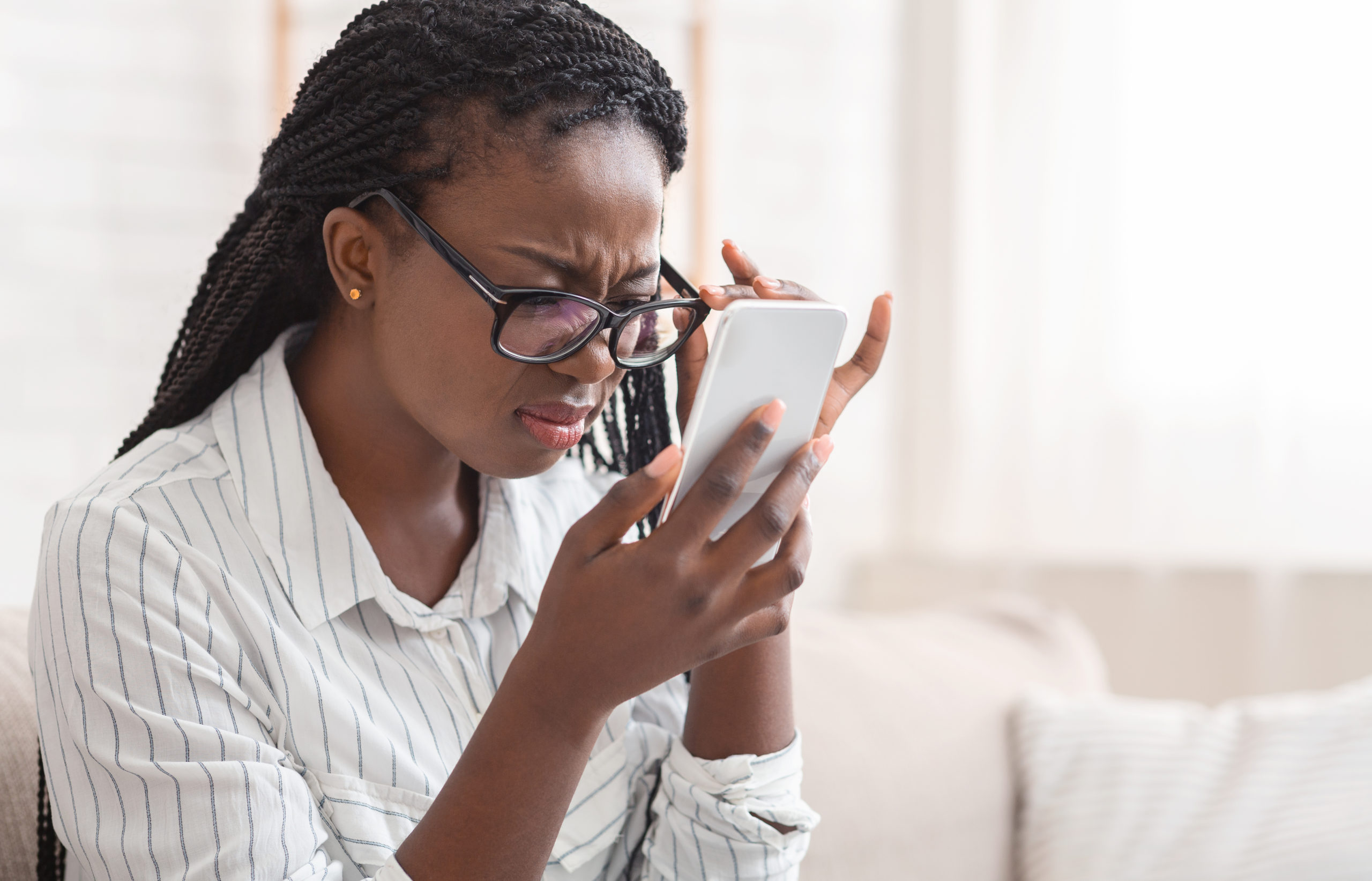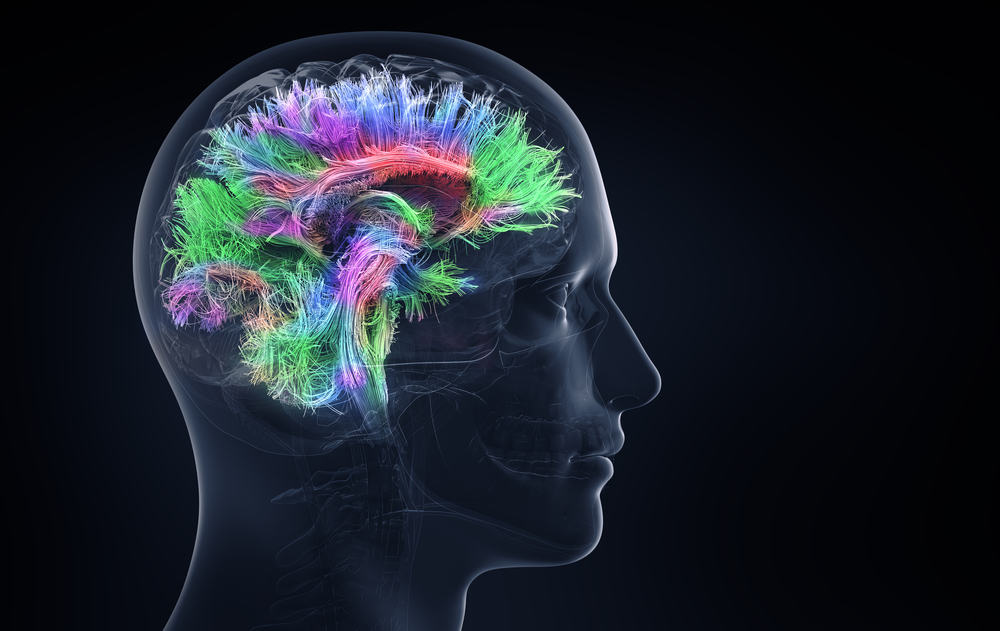
Migraine – a complex debilitating neurological disorder
September 19th, 2024On the 23rd of September, it is migraine awareness week. A migraine strikes when there is an instability in how the brain deals with incoming sensory information. It’s more than just a headache, it’s a complex debilitating neurological disorder impacting physical and mental health.
A migraine is a sensory overload
1 in 7 people suffer from migraines, it is a global health concern with no cure available. Symptoms can differ from person to person and can leave a sufferer temporarily out of order for as long as 4 hours to 3 days. Scientists and doctors think that migraines develop due to abnormal brain activity that affects nerve signals, chemicals, and blood vessels in the brain. An alteration causes a deficit of filter mechanisms believed to protect individuals against sensory overload. They don’t know the cause of the alteration but do know there can be a genetic link.
Throbbing headaches, dizziness, blurred vision and nausea
A migraine can be a whole-body experience, it can be severe like someone is driving a long screwdriver through your head and when it strikes, a person can’t function properly. It can strain relationships and friendships, and affect a person’s education and ability to work.
Throbbing headaches, dizziness, blurred vision, nausea, sickness, fatigue and increased sensitivity to light, noise and odours can leave a person curled up in a ball in a dark corner of a room. Other symptoms can be temporary loss of vision, a stiff neck, tingling in the arms and legs, difficulty speaking, increased weeing and irritability. What triggers a migraine?
A migraine can be triggered by:
- Emotional reactions such as stress, anxiety or depression
- Overexertion
- Illness
- Allergies
- Smells
- Lights
- Temperature
- Dehydration
- Medications
- Medication withdrawal
- Hormone changes like a period or menopause
- Lack of sleep
- Skipping meals
- Excessive alcohol
- Caffeine and caffeine withdrawal
- Smoking and recreational drugs
- Changes in the environment
How can you tell the difference between a headache and migraine?
Headaches normally affect both sides of the head whereas a migraine is often on one side. The pain and discomfort of a headache are mild to moderate but a migraine is more severe and you can experience a throbbing or pounding sensation.
A headache normally lasts less than 4 hours, and a migraine can last up to 72 hours and comes with more symptoms such as those mentioned above. A doctor can advise you if your headaches are migraines.
How can you deal with a migraine?
If headaches become problematic and you suspect you are suffering from migraines there are things that you can do for yourself to relieve symptoms. There are drug-free solutions that may work for you. Firstly, to help identify triggers it is advisable to keep a headache/migraine diary. Make a note of what you did on the day of the migraine attack, what you ate and drank and how much sleep you had for example.
Here are some top tips for migraines and self-help:
- Lifestyle changes
Once you have started your headache/migraine diary you will get an indication of the triggers for your migraines. For example, if it is a lack of sleep you should create a better bedtime routine and make an ideal sleeping environment including temperature control, lighting, noise level and airflow.
If you live a stressful life then changes will need to happen, a change in job or asking for support from those around you.
Stimulants such as energy drinks, alcohol, cigarettes, recreational drugs or caffeine should be reduced or stopped.
Keeping active is important but don’t overdo physical activity. Eating a healthy diet and staying hydrated is very important.
Time should be taken so you can relax – go for a walk in the fresh air, try meditation – yoga, stretching, pilates, massage or warm baths. Applying a cool compress to the forehead may also help.
- Biofeedback
Biofeedback is where you learn to control your physiological functions such as heart rate, blood pressure and muscle tension by using a machine which indicates when you are experiencing changes that might lead to a migraine Insert link: https://americanmigrainefoundation.org/resource-library/biofeedback-and-relaxation-training/
- CBT
Cognitive Behavioural Therapy (CBT) is a type of psychological treatment which helps you understand and change thoughts and behaviours that may lead to stress and trigger a migraine Insert link: https://www.nhs.uk/mental-health/talking-therapies-medicine-treatments/talking-therapies-and-counselling/cognitive-behavioural-therapy-cbt/overview/
- Acupuncture
Acupuncture is a traditional Chinese medicine technique where needles are inserted into specific points on the body which can help reduce the risk of or frequency of migraines Insert link: https://migrainetrust.org/live-with-migraine/healthcare/treatments/acupuncture/
- Over-the-counter medication
A chemist may recommend ibuprofen, aspirin, acetaminophen, diclofenac or naproxen. Be sure not to over-medicate
A doctor, headache specialist or neurologist may prescribe the following medications:
- Triptans – a group of medicines to treat migraines or headaches including sumatriptan, zolmitriptan or rizatriptan
- Dihydroergotamine – it is in a class of medications called ergot alkaloids. They tighten blood vessels and stop swelling in the brain
- Lasmiditan – helps to block pain signals
- Geopants – targets the calcitonin gene-related peptide pathway
- Zavegepant – a nasal spray for the acute treatment of migraine
- Anti-nausea tablets
- Amitriptyline – helps to prevent migraines by treating nerve pain
- Propranolol – a type of beta blocker to treat migraine
Experts advise that whether you use over-the-counter pain relief or prescribed medication it’s important to take a tablet as soon as the symptoms begin.
We recommend our natural pain relief product called Discomfort ReliefPro. It helps to relieve all types of pain and swelling.
References
- https://www.templehealth.org/about/blog/is-it-migraine-or-headache#:~:text=People%20who%20have%20tension%20headaches,one%20side%20of%20the%20head.
- https://www.gosh.nhs.uk/conditions-and-treatments/medicines-information/triptans-migraine-and-headache/
- https://medlineplus.gov/druginfo/meds/a603022.html
- https://my.clevelandclinic.org/health/drugs/21383-lasmiditan-tablets
- https://headacheaustralia.org.au/gepants/#:~:text=Gepants%20are%20a%20class%20of,blood%20vessels%20in%20the%20brain.
- https://www.nhs.uk/medicines/amitriptyline-for-pain/about-amitriptyline-for-pain-and-migraine/
- https://www.nhs.uk/medicines/propranolol/







